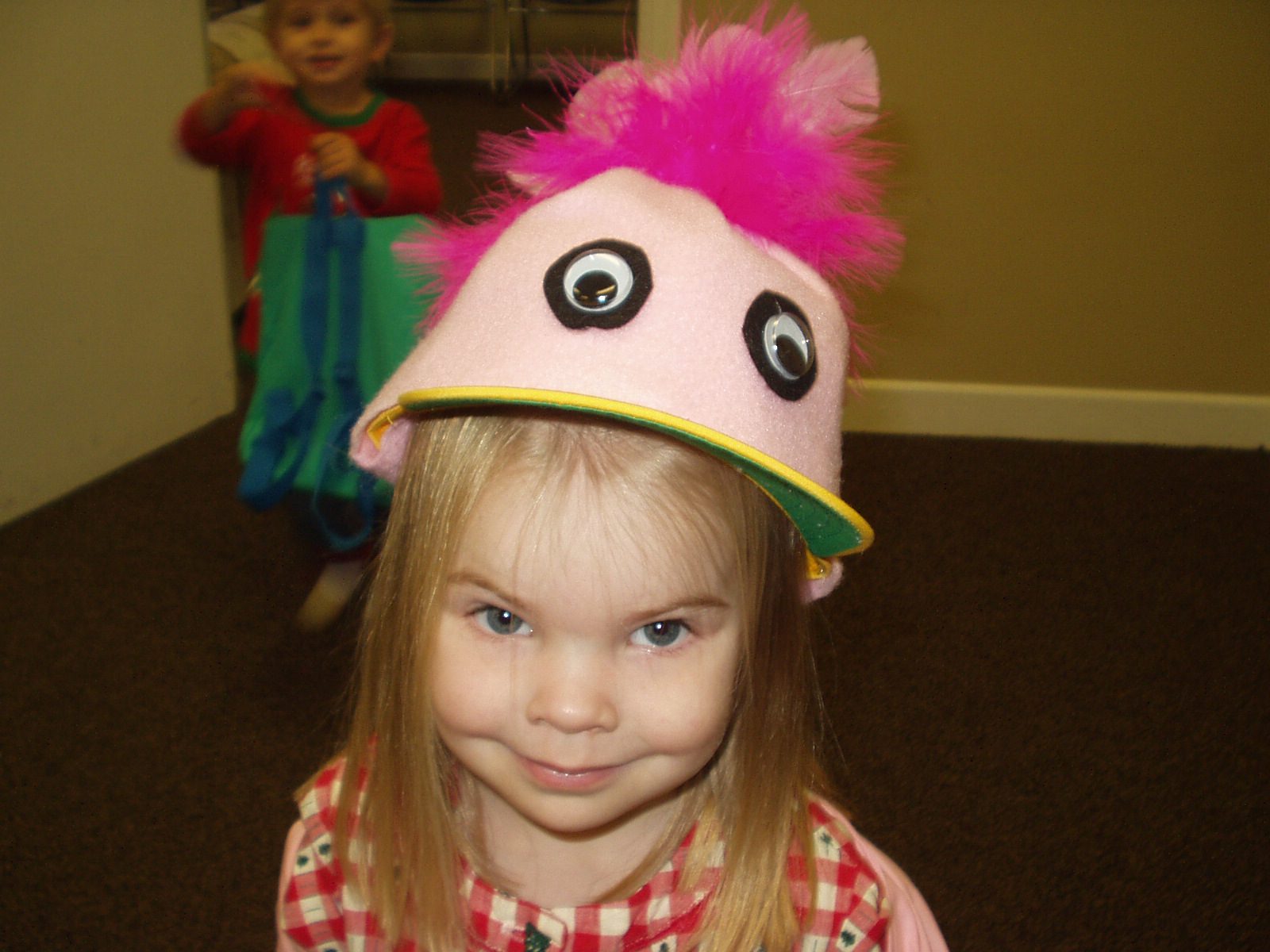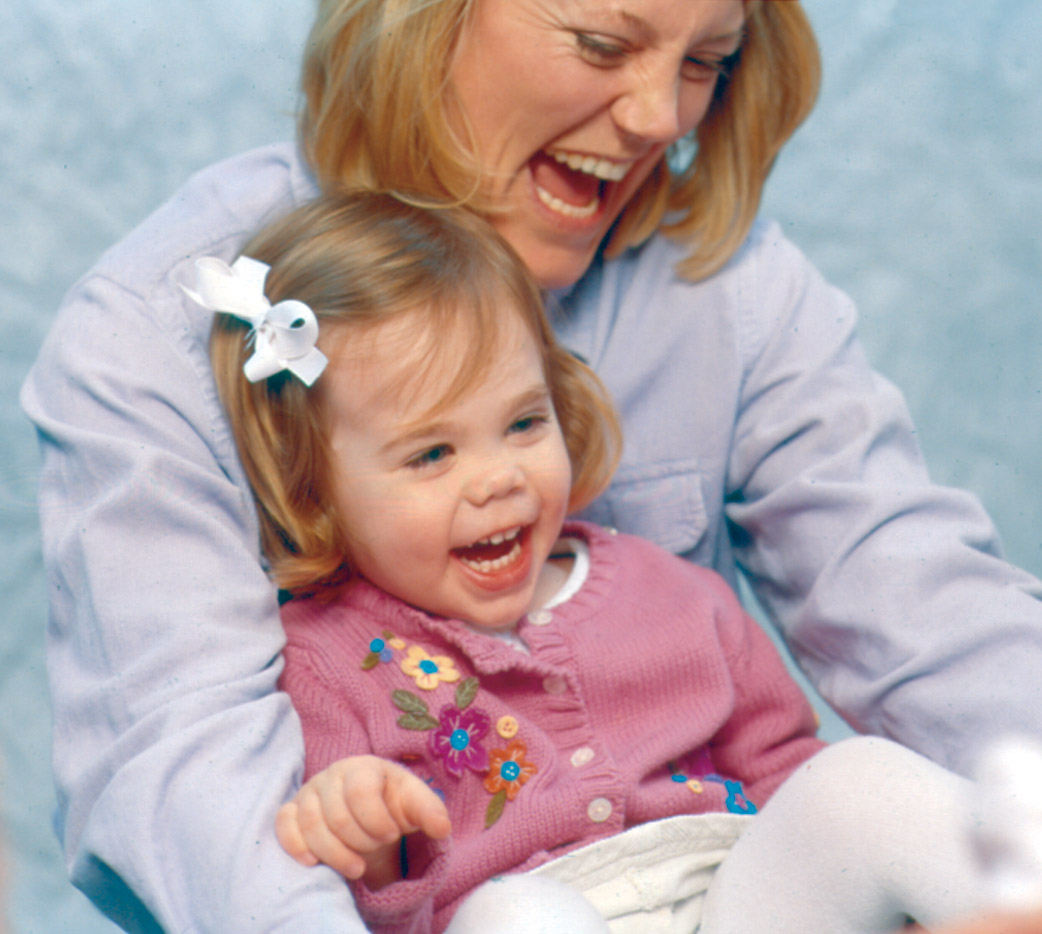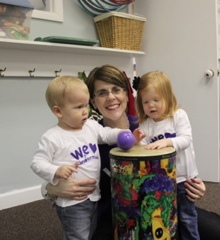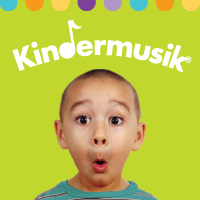Thinking about enrolling in Kindermusik class with your child? Well, if you’ve never experienced a class before, you probably have a few questions. It’s okay. You’ve come to the right place! In class, you may already know to expect lots of music, movement, instrument play, cuddles, and giggles that all support your child’s development and your key role in the process. So, we thought we’d share some tried-and-true tips to make the most of your Kindermusik experience and this precious time with your little one.
5 Ways to Get the Most from Kindermusik
- Arrive 5-10 minutes early. Most children need a few minutes to transition into something new. Those extra few minutes give your child the opportunity to take off shoes, find a spot to sit, interact with the other children, or even to explore the room. Plus, it gives you the opportunity to connect with other parents in class. You will both find the Kindermusik community a loving and encouraging group!
- Dress comfortably. We sit on the floor. We dance around the room with scarves. We lift
 children in the air, swing them in a blanket, or even roll around on the floor. Your child will love every minute of it—and so will you—but admittedly at times it might feel like a workout.
children in the air, swing them in a blanket, or even roll around on the floor. Your child will love every minute of it—and so will you—but admittedly at times it might feel like a workout. - Follow your child’s lead. We ask for children’s ideas throughout the class. In fact, we start each class singing or waving or running or even blinking hello. It all depends on the ideas each child shares. Go along with the ones your child provides or the way your child chooses to respond to the music or play the egg shakers, etc. Your child’s response to class can range from sitting in your lap pretending to be asleep to running around the room the whole time. We’ve seen it all—and welcome it all!
- Actively participate.Your child learns from your words and actions. When your little one sees you authentically engaging in class or at home, your child will, too. So go ahead, sing and dance and be silly. Rediscover the joys of childhood with your little one as a tour guide. Your voice is your child’s favorite one to hear.
- Play Kindermusik outside of the classroom. Kindermusik isn’t just a weekly class. We intentionally include the music from class and other materials for families to use together throughout the week. Connecting the classroom learning to those “everyday” moments supports your role as your child’s first and best teacher and makes the learning stick. Take a peek at how one mom and daughter “play” Kindermusik at home.
[youtube]https://www.youtube.com/watch?v=vsKuRTncmgQ&list=PLLSMo0LCnI5C1ORlIspEIYZ9GM7gkZ78Q[/youtube]
 Put these tips into action. Find your local Educator at www.Kindermusik.com and visit a free class!
Put these tips into action. Find your local Educator at www.Kindermusik.com and visit a free class!
Contributed by Lisa Camino Rowell, a freelance writer living in the Atlanta area.

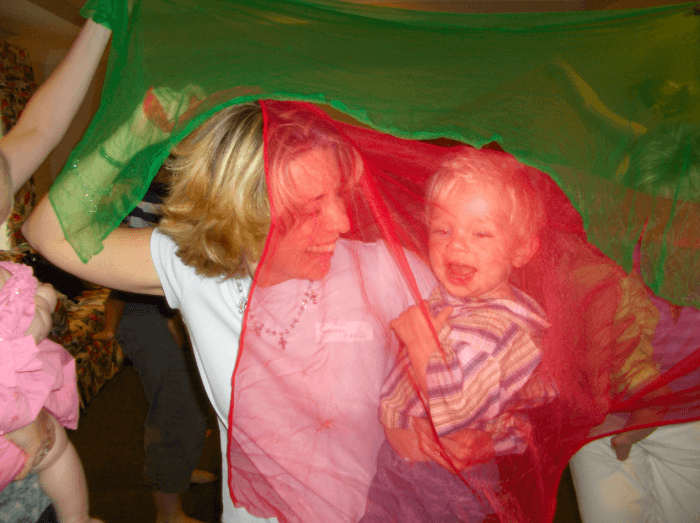
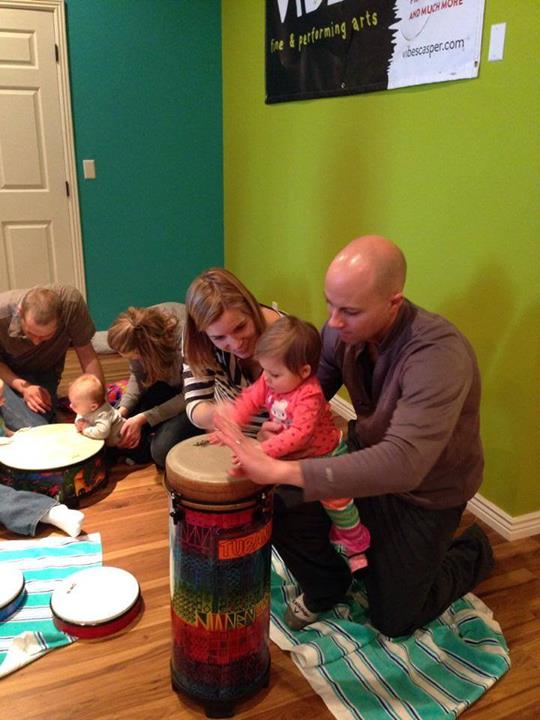
 Kindermusik isn’t just for kids – it’s for parents too!
Kindermusik isn’t just for kids – it’s for parents too!
 Of course, music makes those big life occasions all the more memorable. What is a wedding without music to walk down the aisle or a graduation without a little “Pomp and Circumstance”? But, music also celebrates those everyday (and just as important!) moments.
Of course, music makes those big life occasions all the more memorable. What is a wedding without music to walk down the aisle or a graduation without a little “Pomp and Circumstance”? But, music also celebrates those everyday (and just as important!) moments. Casper, Wyoming, may be known as “cowboy country” but thanks to Amy Munsell—with the support of her husband, Lukas—it’s also now Kindermusik country. We know that the sense of community she and her Kindermusik families create is making a profound difference in the lives of children in Casper.
Casper, Wyoming, may be known as “cowboy country” but thanks to Amy Munsell—with the support of her husband, Lukas—it’s also now Kindermusik country. We know that the sense of community she and her Kindermusik families create is making a profound difference in the lives of children in Casper.